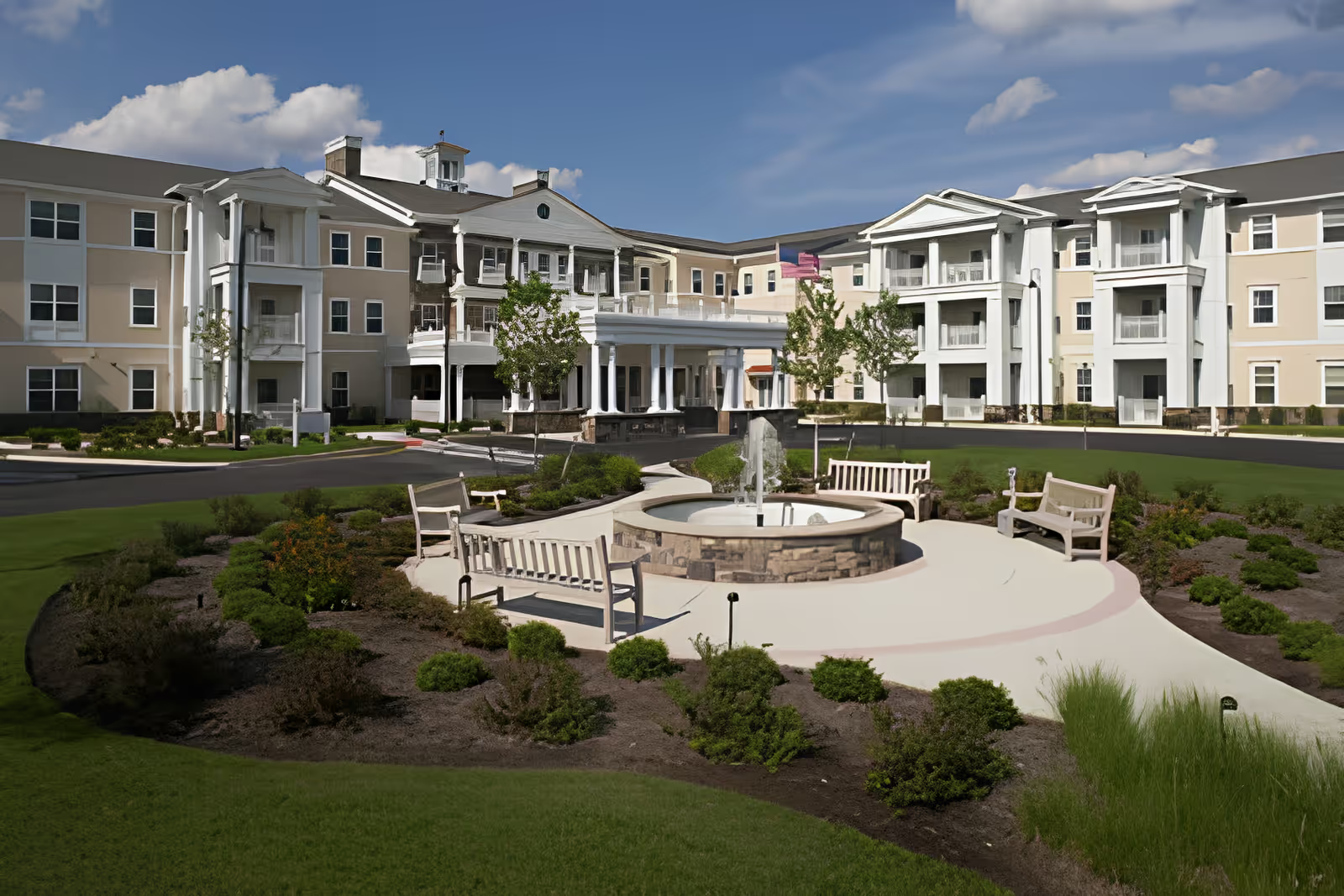Overall sentiment in the reviews is mixed but leans positive regarding direct caregiving and rehabilitation services while revealing notable operational and management concerns. Many reviewers praise the clinical competence and compassion of bedside staff: nurses and rehabilitation therapists are repeatedly described as caring, professional, and effective. Several accounts highlight successful outcomes — improved mobility, regained ability to walk, and meaningful rehabilitation gains — and specific staff members (for example, Brian Conlon) are named as having provided exceptional, motivating care. Reviewers also emphasize that staff frequently monitor symptoms, update care plans after changes in condition, and provide proactive education and training to family members to support safe transitions.
Families report strong interpersonal interactions: staff are courteous, calm, and helpful, which contributes to peace of mind and reduced stress for relatives. Visitation policies that allow family access and opportunities to meet nurses and see rooms are viewed positively. Activities programming (Bingo, arts and crafts, singing) and accommodating gestures such as bringing in food for families add to an overall sense of a humane, community-oriented environment. Salmon hospice services are called out as responsive and supportive in end-of-life or palliative contexts.
However, multiple reviewers raise consistent operational concerns. Staffing shortages on the care floors are a recurring theme — reviewers mention "too few hands" to meet resident needs and an impression that administrative/off-site staffing levels are higher than direct care staffing. This perceived staffing distribution contributes to service gaps and frustration among families. Cleanliness issues are also frequently reported: persistent urine odor and perceived poor cleaning standards were noted alongside incidents of lost laundry. Rooming arrangements cause dissatisfaction for some guests who prefer private rooms and had negative experiences in shared rooms.
More serious are the management and discharge-related complaints. Several reviews describe inadequate discharge planning and incidents of forced or abrupt discharges that left families worried about safety at home. Specific problems included lack of essential home equipment (ramp, wheelchair, appropriate bed) after discharge and insufficient preparation for safe return, which reviewers say could potentially harm residents. One review alleges aggressive management behavior, including a director yelling at a relative, and families indicating they would seek external alternatives or media attention. These accounts point to breakdowns in communication, planning, and conflict resolution at the administrative level.
In summary, Beaumont Rehabilitation and Skilled Nursing Center appears to provide high-quality bedside care and effective rehabilitation for many residents, supported by compassionate, responsive clinicians and useful family education. The programming and interpersonal treatment of residents are strengths. At the same time, systemic issues — notably persistent staffing shortages on the units, cleanliness and laundry management problems, dissatisfaction with shared rooms, and serious concerns about discharge planning and managerial interactions — reduce overall satisfaction and raise safety concerns for some families. Prospective residents and families should weigh the strong clinical care and rehabilitation outcomes against these operational and administrative risks; asking targeted questions about staffing levels, discharge procedures, rooming options, and equipment provisions before admission may help mitigate some of the concerns reflected in these reviews.







